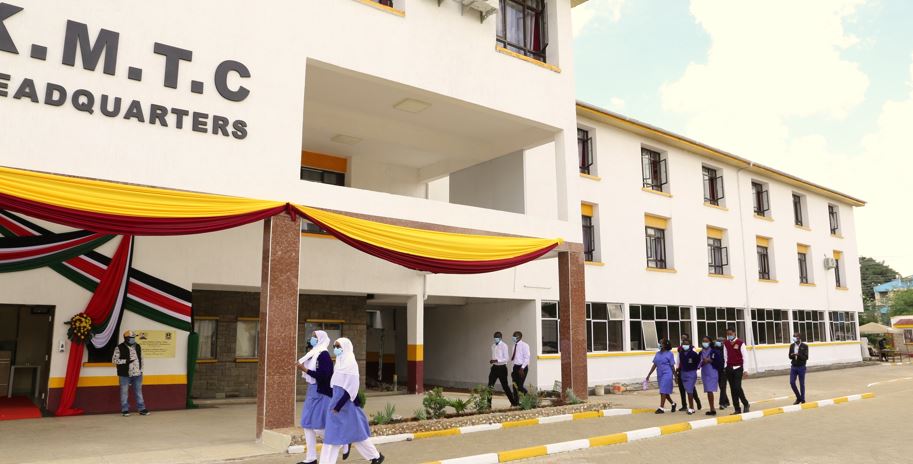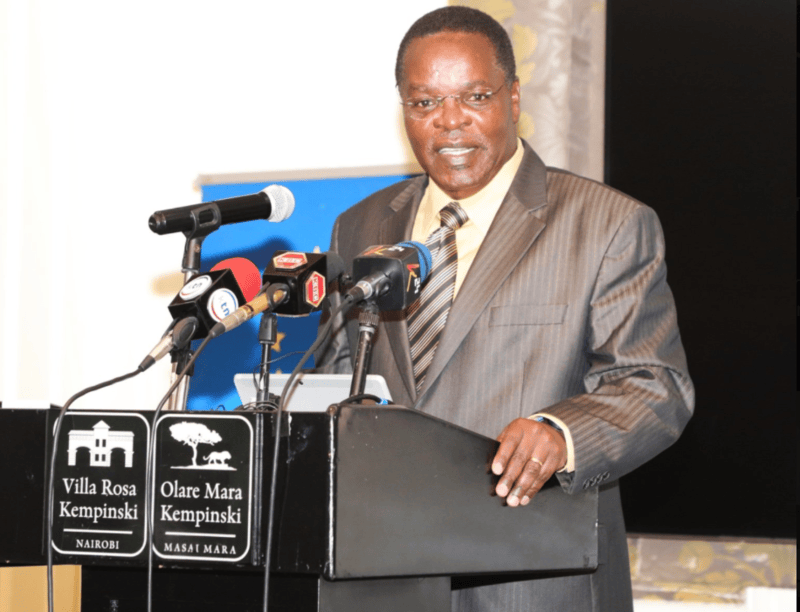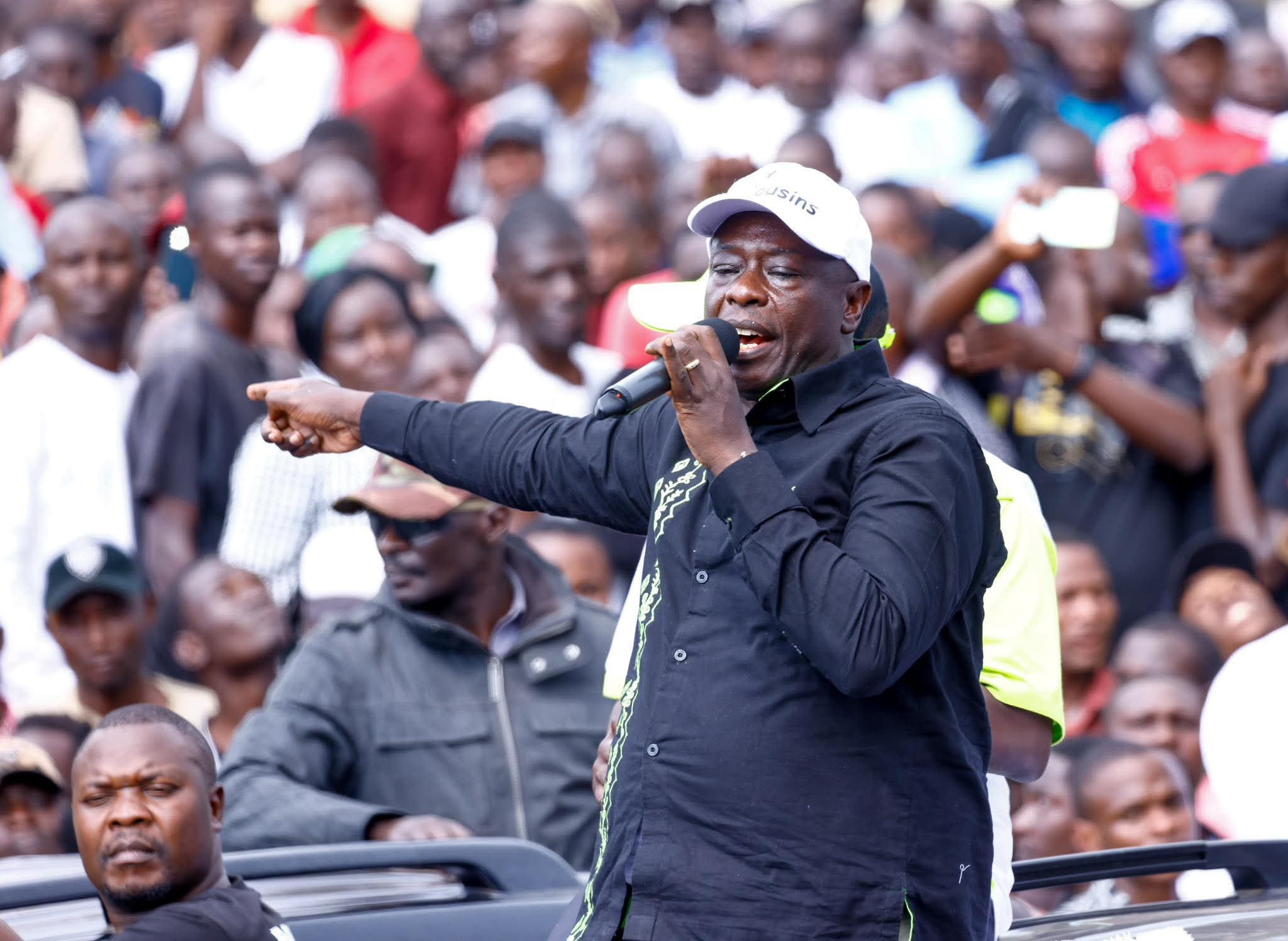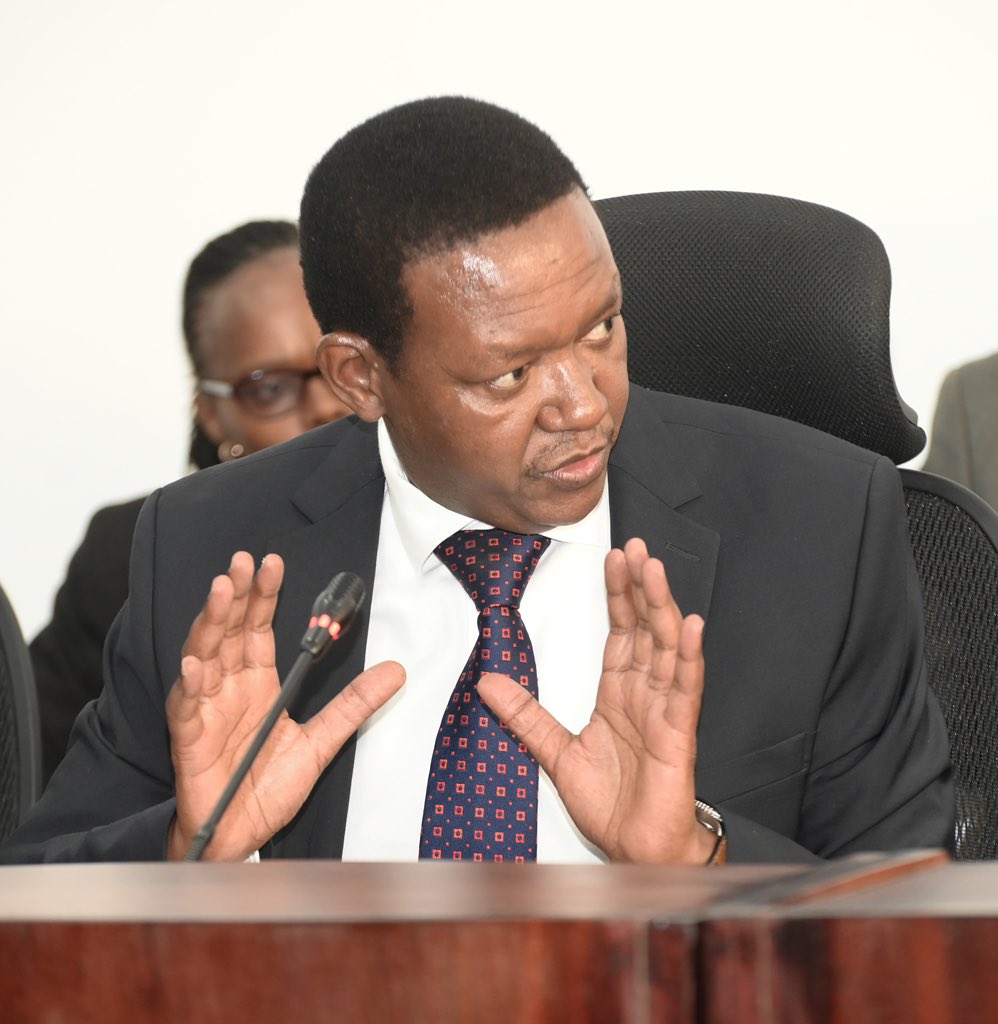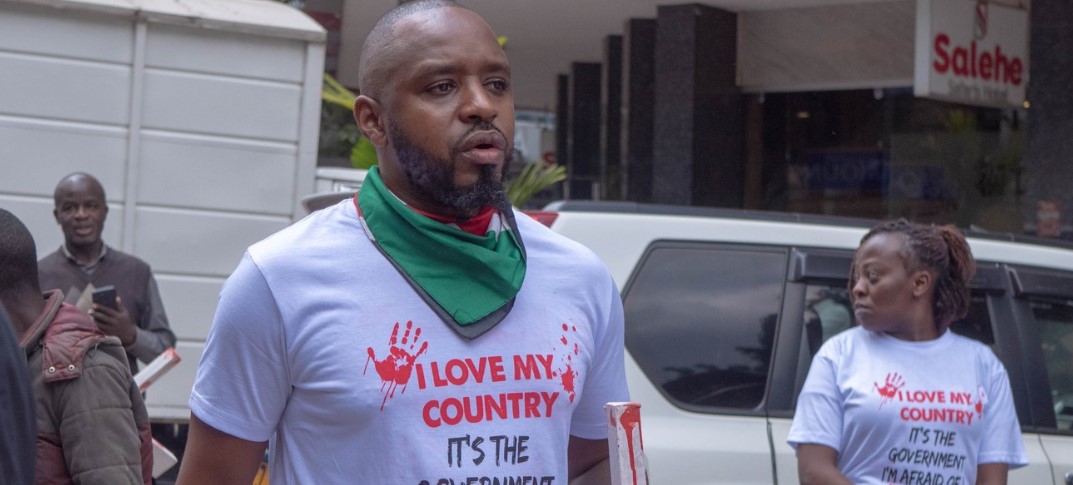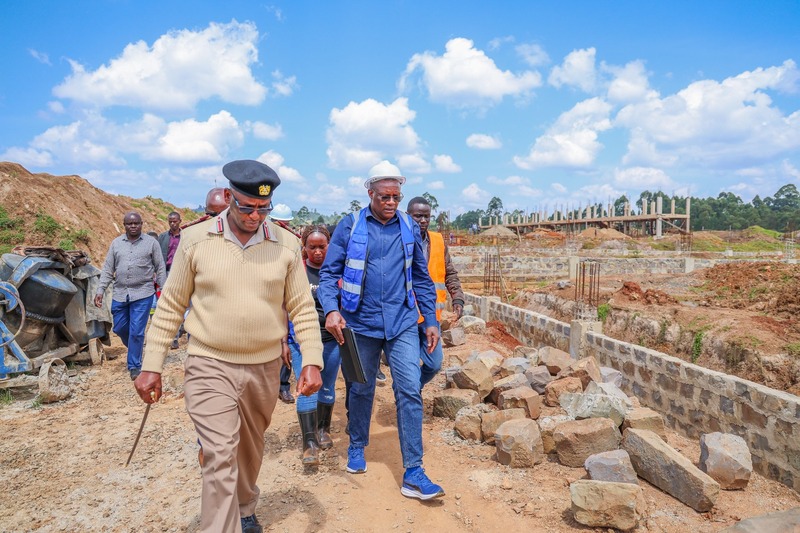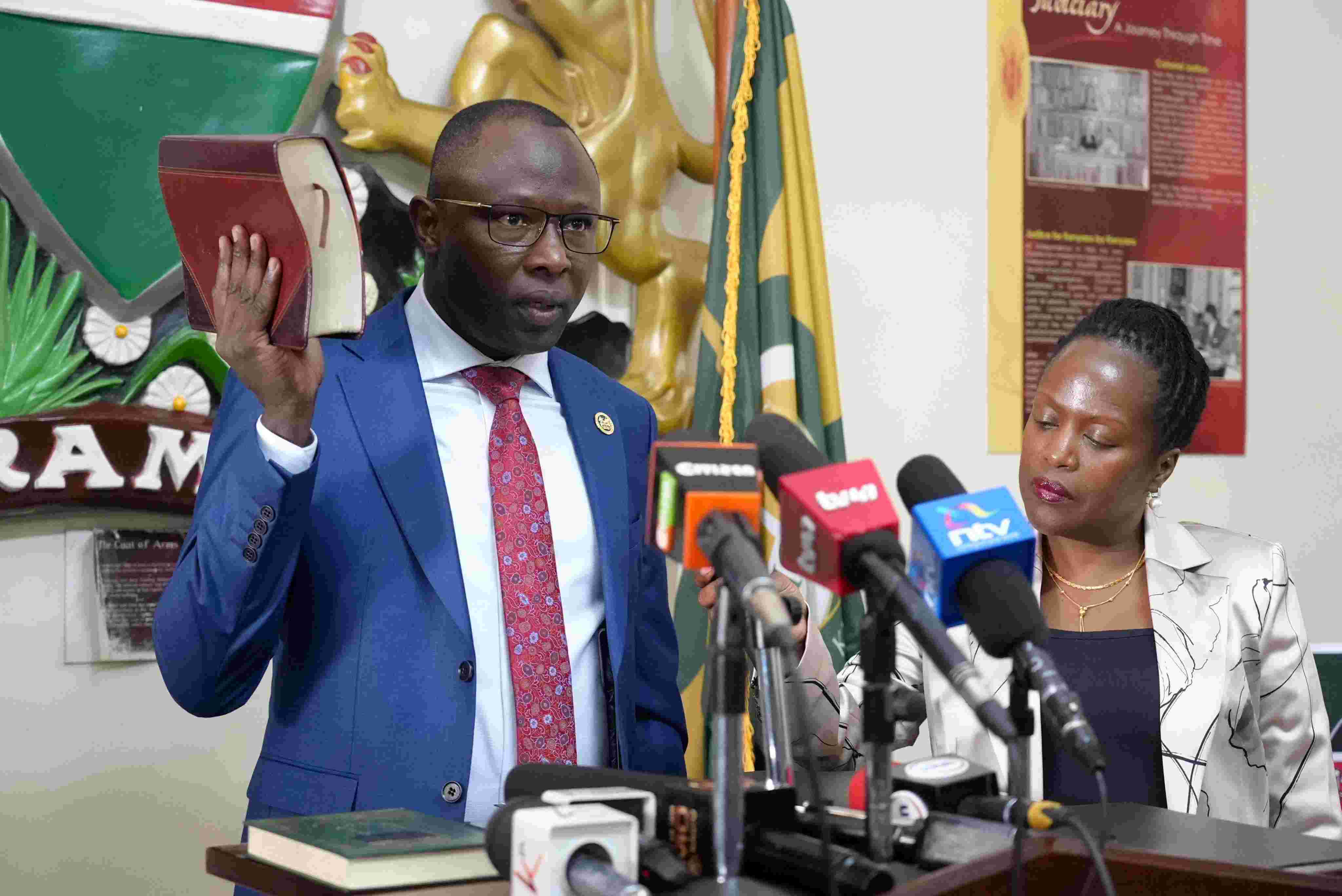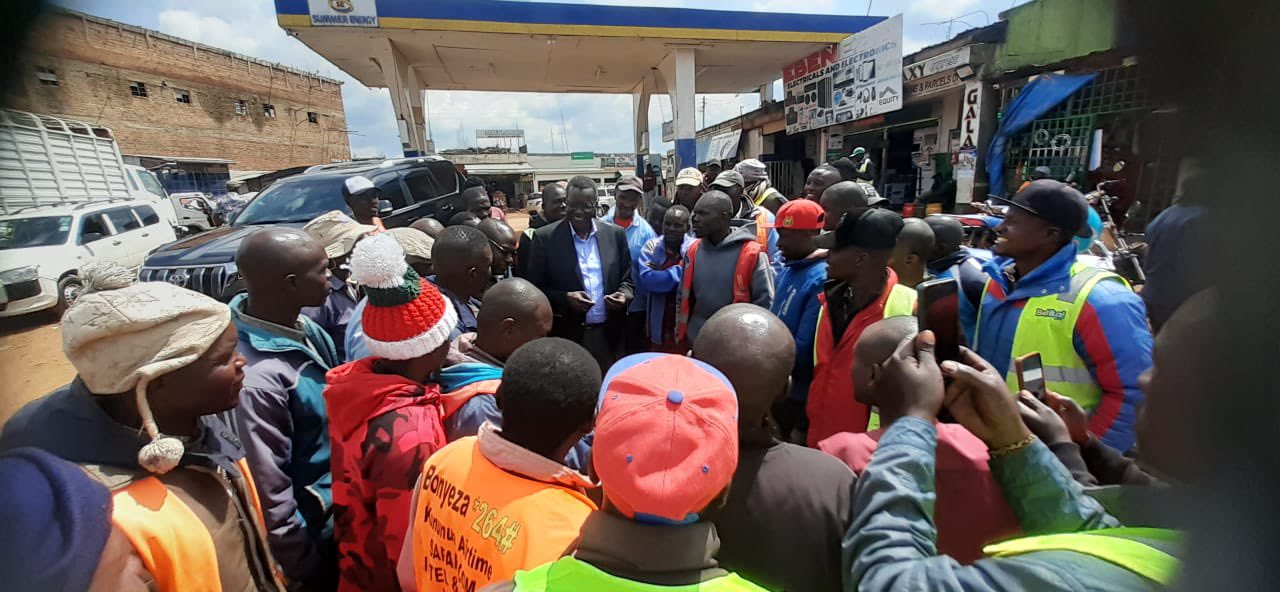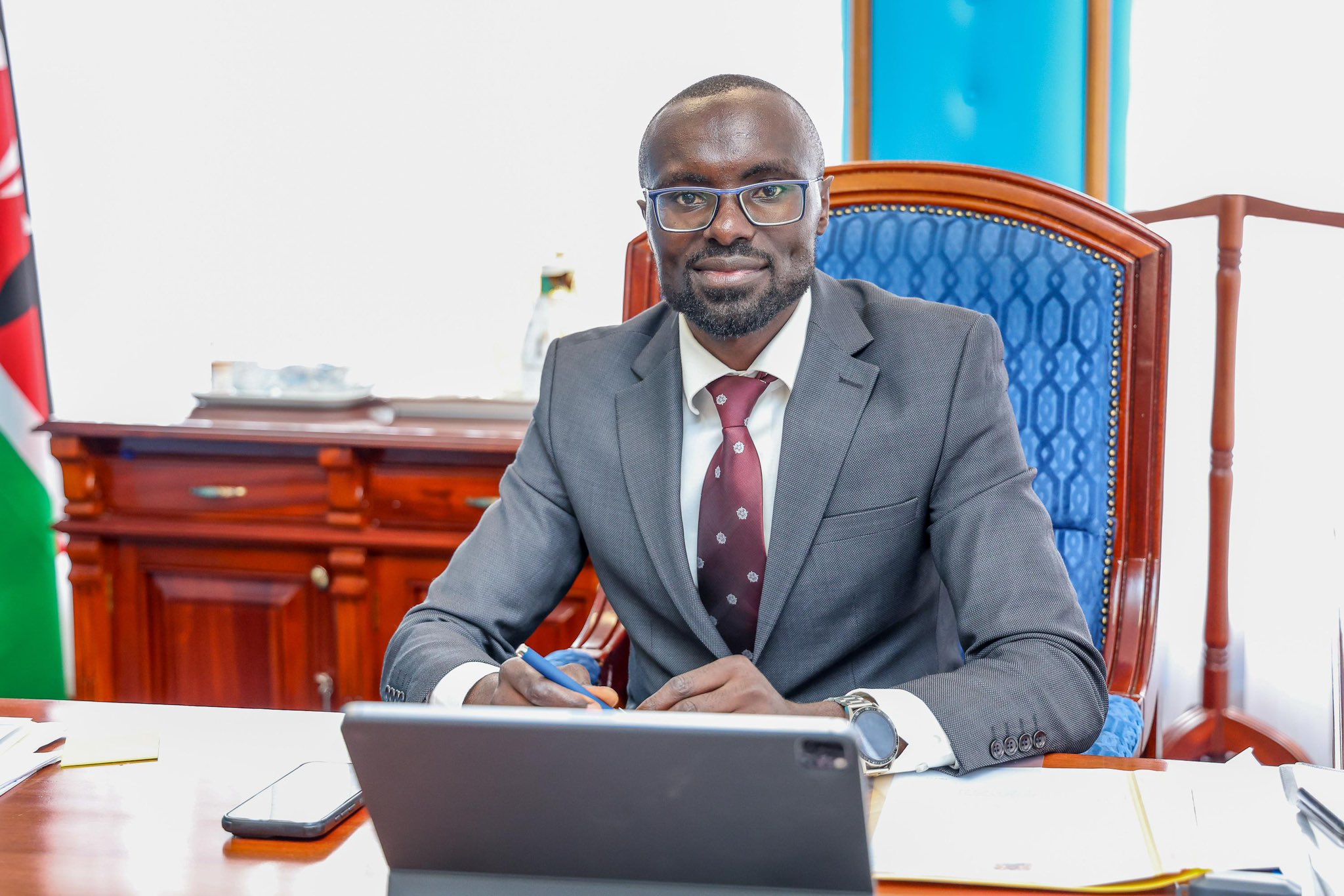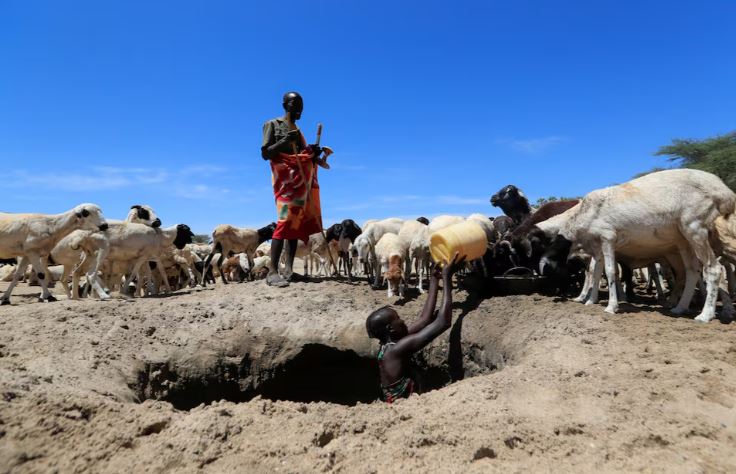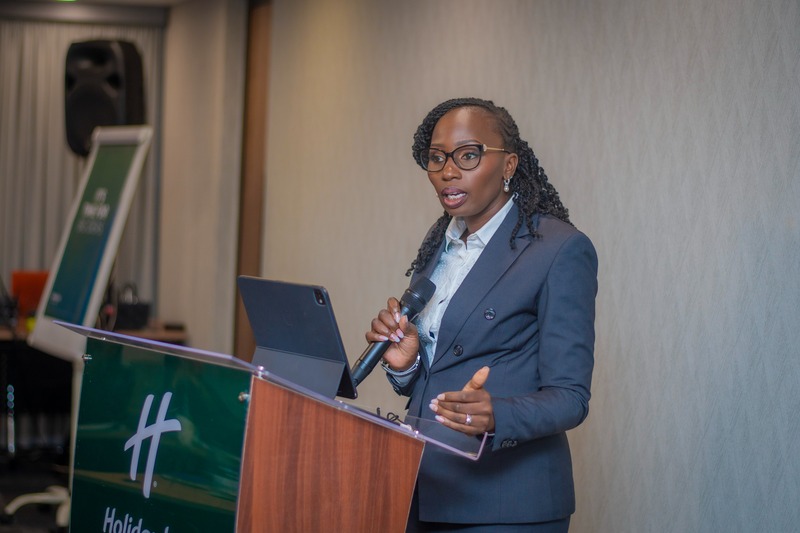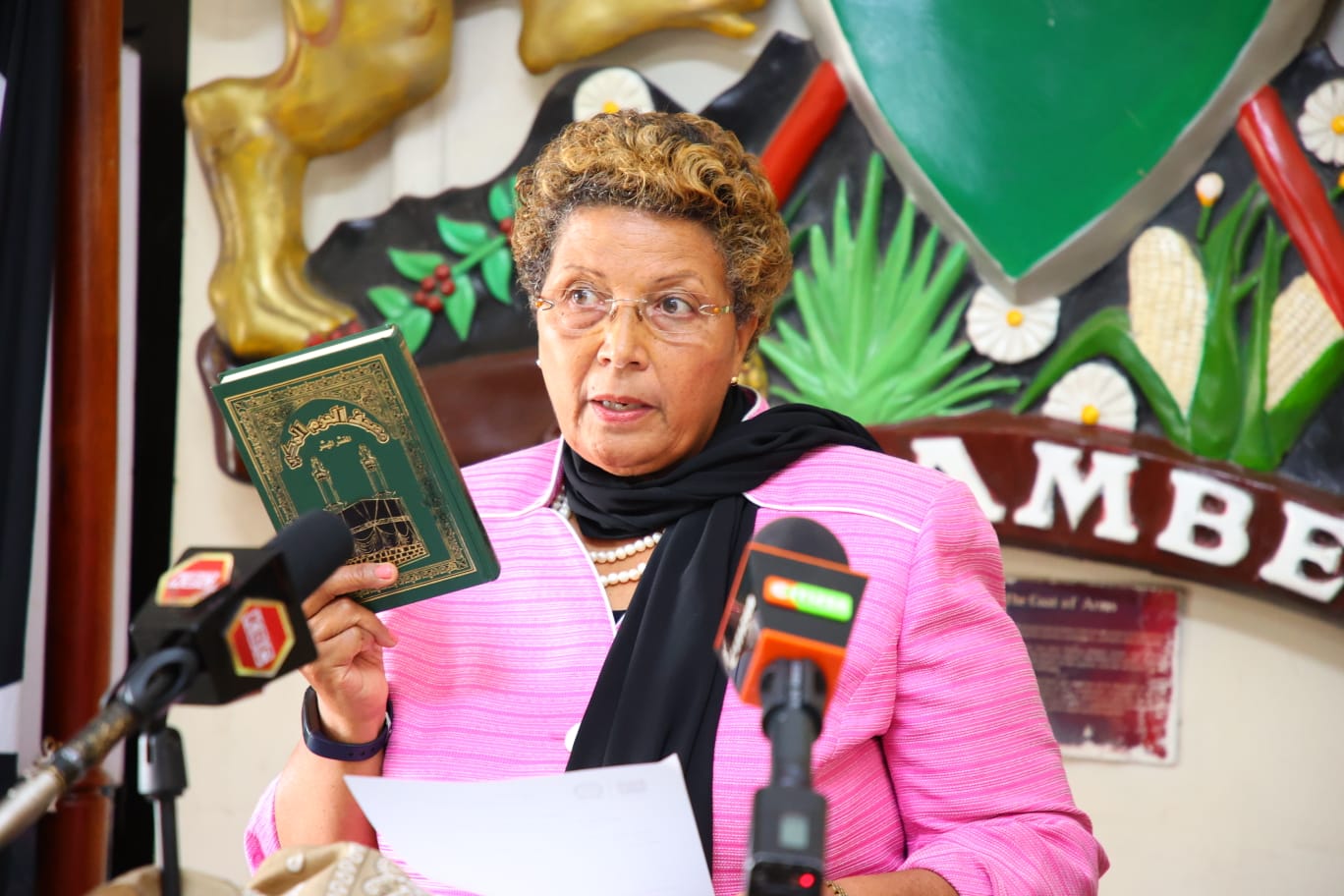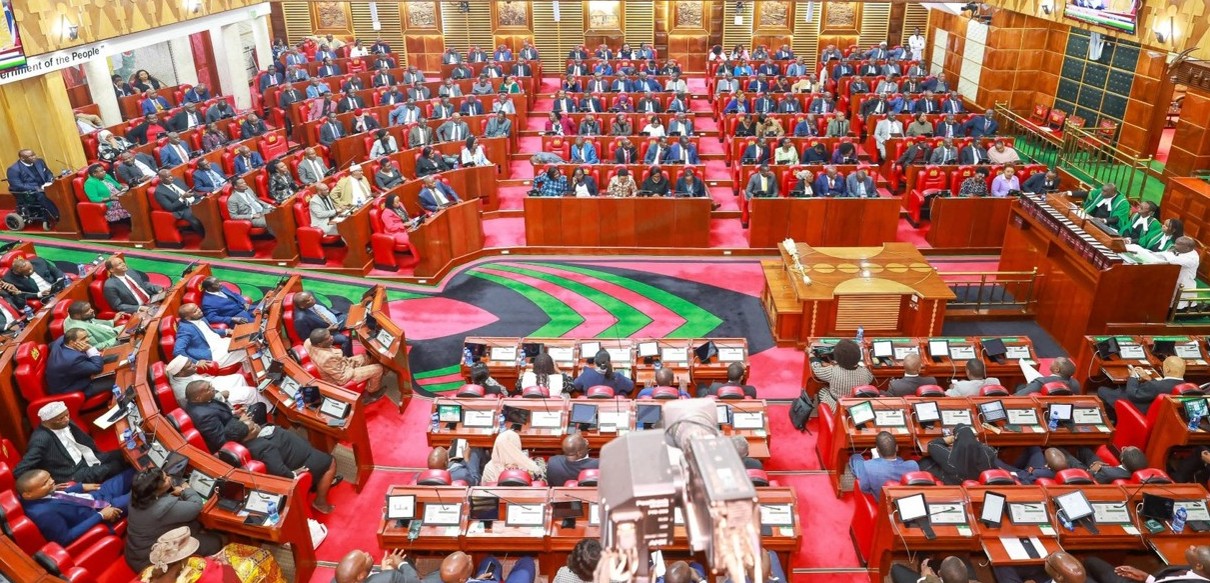We are awaiting Supreme Court direction after missing boundary review deadline - IEBC Chair Erastus Ethekon
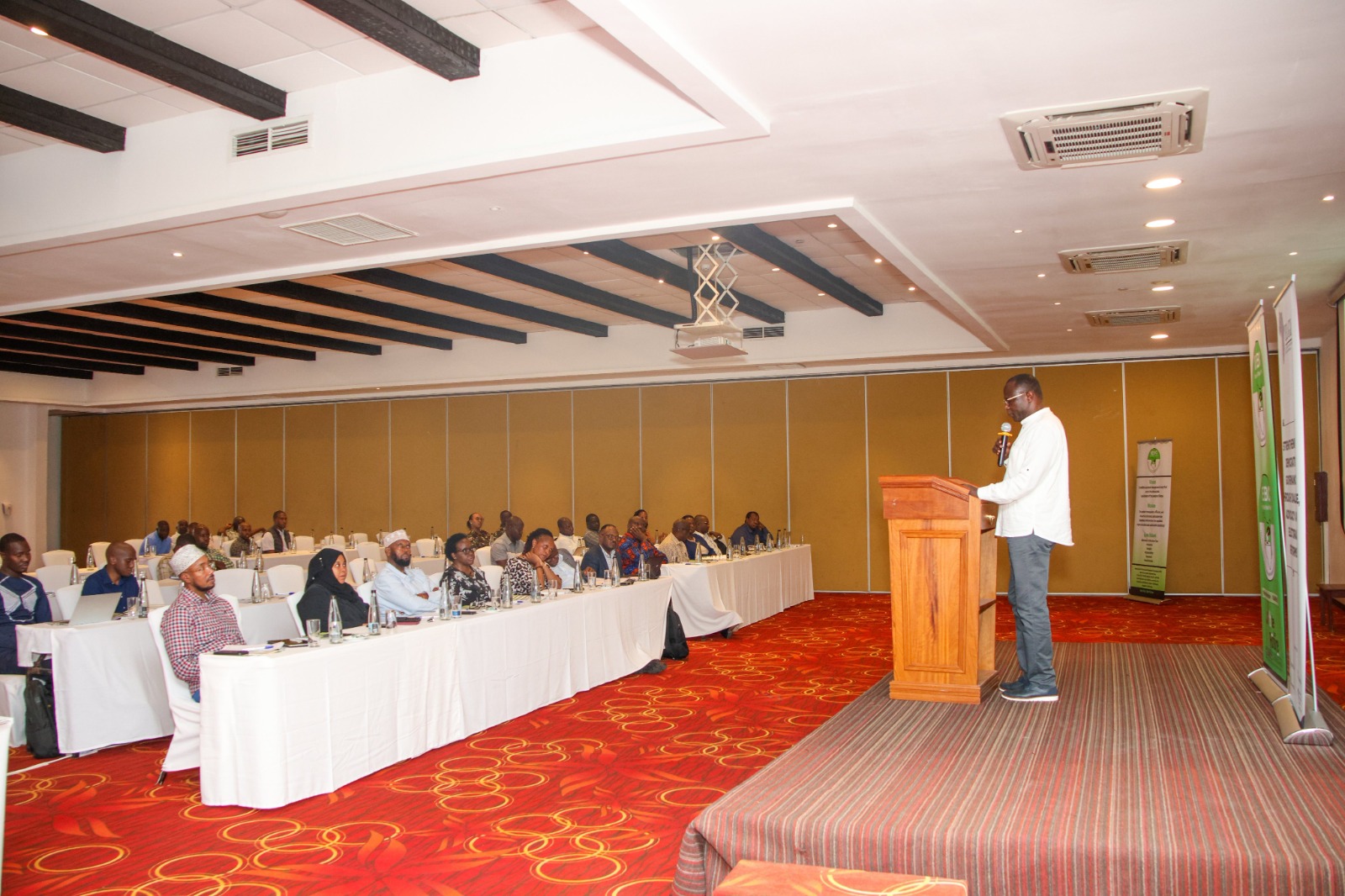
IEBC Chairperson Erastus Edung Ethekon said the Commission is aware that the boundary delimitation process should have been completed by March 6, 2024, as outlined in Articles 88(4)(c) and 89 of the Constitution.
The Independent Electoral and Boundaries Commission (IEBC) has announced that it is waiting for legal advice from the Supreme Court on how to proceed with the second boundary review, which missed its constitutional deadline earlier this year.
Addressing the media on Saturday from Mombasa, Chairperson Erastus Edung Ethekon said the Commission is aware that the boundary delimitation process should have been completed by March 6, 2024, as outlined in Articles 88(4)(c) and 89 of the Constitution.
More To Read
- Senators push for 100 new polling stations for Kenyans abroad
- IEBC says it has received four petitions to recall sitting MPs
- IEBC ready to conduct by-elections once speakers reissue writs, says Ethekon
- IEBC asks Parliament to fast-track election reforms, approve budget
- IEBC to announce voter registration timelines in August - Chairperson Erastus Ethekon
- Big test for IEBC over mini-polls as political heavyweights set to flex muscles
However, the process stalled due to the absence of a fully constituted Commission at the time.
“The second boundary review was supposed to have been concluded by March 6, 2024,” said Ethekon. “Unfortunately, there has been a delay which has been occasioned by the absence of the substantive Commission.”
He explained that in the absence of the full Commission, the Secretariat took preliminary steps to address the issue, including seeking legal advice from the Office of the Attorney General on whether the process could still proceed after the lapse of the constitutional timeline.
“In our request for legal advice, we requested that we be advised on whether the Commission could proceed to conduct the boundaries delimitation despite the lapse of the constitutional timelines,” he said.
“We also sought advice on whether the lapsed timelines could be extended.”
Ethekon said the Commission is still waiting for a response to that request and will inform the country on the way forward once the advice is received.
In the meantime, the Commission has also prioritised voter education ahead of the 2027 general election.
Ethekon noted that one of the key takeaways from the 2022 elections was the need to better inform voters and improve public engagement throughout the electoral cycle.
“Voters and stakeholders yearn for more education and continued engagement in the entire electoral cycle,” he said.
The IEBC boss added that observer missions during the last election had also recommended that the Commission ensure electoral information is easily accessible to voters in all formats and platforms.
Ethekon emphasised that voter education is not just a good practice but a constitutional requirement. “When our voters are adequately informed, they will make informed choices at the booth while marking their ballots.
This is not only the desire of the Commission or every other Kenyan, but it is a constitutional imperative,” he said.
In addition, the Commission’s chairperson said IEBC will roll out targeted voter education across all electoral areas and ensure inclusion of various voter groups such as the youth, people in marginalised areas, women, and persons with disabilities.
“The Commission will amplify stakeholder engagements to apprise the public on all our programs, our plans and our activities. Furthermore, we shall proactively conduct targeted voter education in all electoral areas,” Ethekon added.
In a report tabled before the National Assembly, the Public Petitions Committee directed the IEBC to prioritise the long-overdue boundary delimitation in line with Article 89(4) of the Constitution.
This provision requires that electoral boundaries be reviewed every 8 to 12 years. The last review was done in 2012, and the next was due by March 2024. However, the process stalled following the exit of the commissioners in January 2023.
The IEBC had asked the Supreme Court to clarify whether the delimitation process can proceed after the constitutional deadline and whether the commission’s Secretariat can undertake the review without the commissioners.
It also wants the Court to determine who has the power to extend the deadline, and under what conditions.
IEBC had earlier warned that the review must be completed at least 12 months before the 2027 elections to allow for voter registration and proper resolution of any disputes.
Top Stories Today
